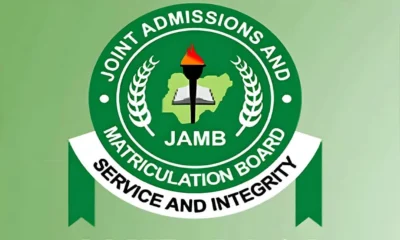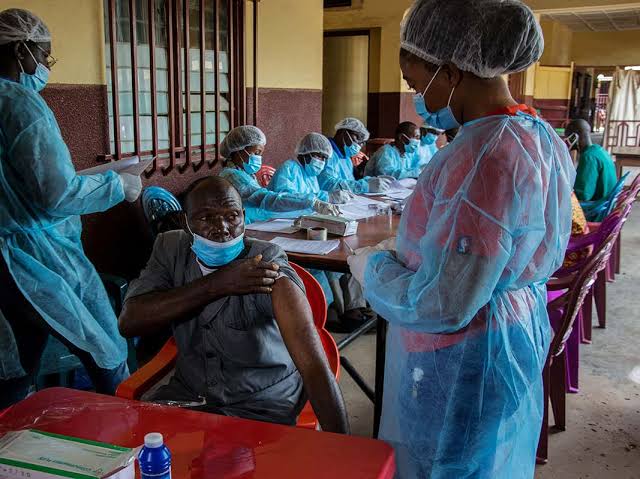Headline
Million Lives at Risk: WHO Warns of TB Fight Setback

The World Health Organization (WHO) has issued a stark warning that dwindling global health funding is jeopardizing hard-won gains in the fight against tuberculosis (TB), a disease responsible for over a million deaths annually. In a message marking World TB Day, themed “Yes! We Can End TB: Commit, Invest, Deliver,” the WHO called for urgent resource mobilization to safeguard TB care and support services worldwide.
Commemorated annually on March 24th, World TB Day aims to raise awareness and galvanize political commitment and healthcare financing for TB elimination. The WHO highlighted that while global efforts have saved an estimated 79 million lives since 2000, recent funding cuts threaten to reverse this progress.
“TB remains the world’s deadliest infectious disease, inflicting devastating consequences on families and communities,” the WHO stated. “However, the current drastic reduction in global health funding risks undermining these achievements.”
The organization also pointed to rising drug resistance, particularly in Europe, and ongoing conflicts in the Middle East, Africa, and Eastern Europe as factors exacerbating the situation for vulnerable populations.
WHO Director-General, Dr. Tedros Ghebreyesus, emphasized the urgency of the situation. “The significant progress made against TB over the past two decades is now at risk as funding cuts disrupt essential prevention, screening, and treatment services,” he said. “We cannot abandon the commitments made by world leaders at the UN General Assembly to end TB.
The WHO is dedicated to working with all stakeholders to mitigate the impact of these cuts and explore innovative solutions.”
Early reports indicate severe disruptions in TB response across high-burden countries, with the WHO African Region experiencing the most significant impact, followed by Southeast Asia and the Western Pacific. The organization warned of “crippling breakdowns” in 27 countries, leading to human resource shortages, diagnostic service disruptions, data and surveillance system collapses, and deterioration of community engagement efforts. These disruptions are resulting in delayed diagnoses and increased transmission risks.
-

 Entertainment1 week ago
Entertainment1 week agoWhy I Dump Christianity For Islam— Singer, Burna Boy Reveals
-

 Entertainment1 week ago
Entertainment1 week agoSen Ned Nwoko Order Arrest Of Regina’s Brother, See Why
-

 Entertainment1 week ago
Entertainment1 week agoRenown Kennywood Actor, Malam Nata’ala Is Dead
-

 Brands and Marketing2 days ago
Brands and Marketing2 days agoUPDATED: See Naira Exchange Rate Against Dollar
-

 Headline1 week ago
Headline1 week agoBREAKING: China Declares Support For Nigeria As Trump Warns Of Possible Military Action
-

 Headline1 week ago
Headline1 week agoJUST IN: 2025 FIFPRO Men’s World XI Announced, See Full List
-

 Education1 week ago
Education1 week agoBREAKING: JAMB Set To Extend Public Varsity Admission Deadline, See New Date
-

 Headline6 days ago
Headline6 days agoSenate Sets Date For NAFDAC Enforce Ban On Sachet Alcohol— See Date
-

 Headline7 days ago
Headline7 days agoUCL: Osimhen Shortlisted For Player Of The Week Award, See Other Nominees
-

 Headline2 days ago
Headline2 days agoChina Orders Gay Dating Apps Be Removed From Stores












